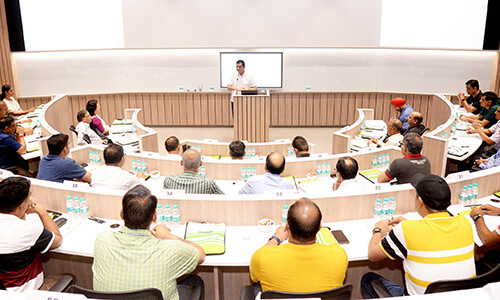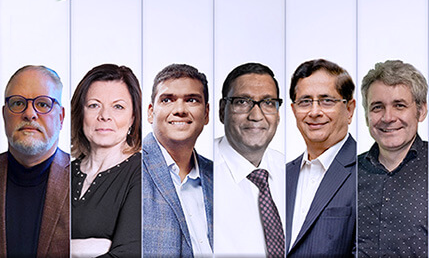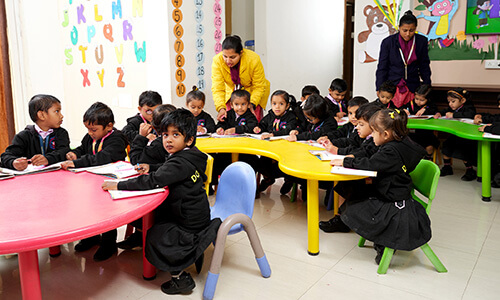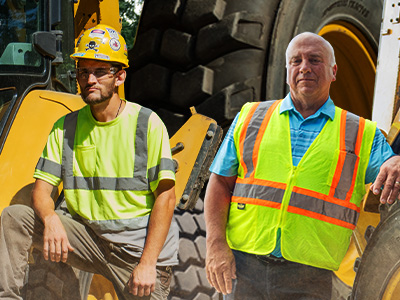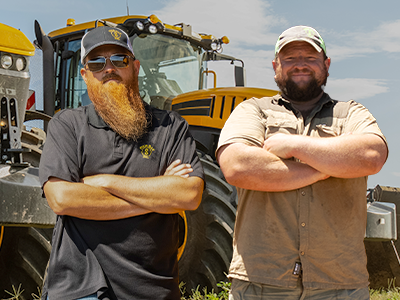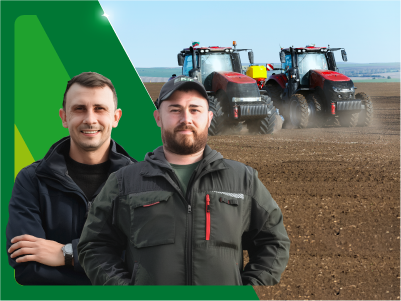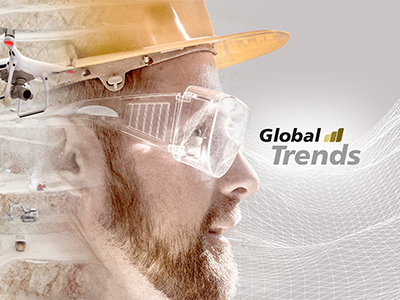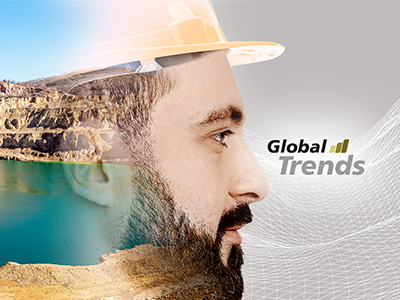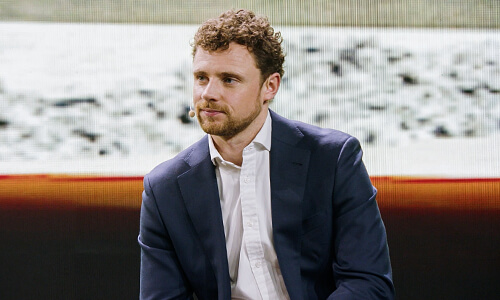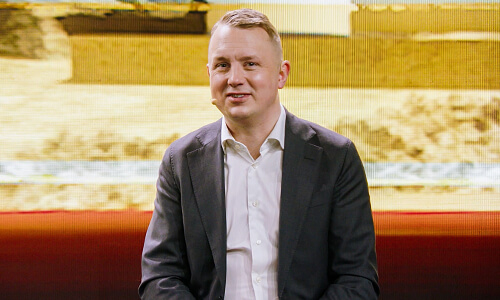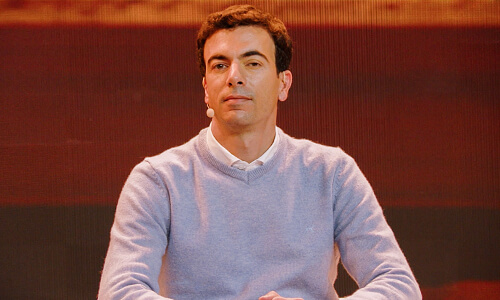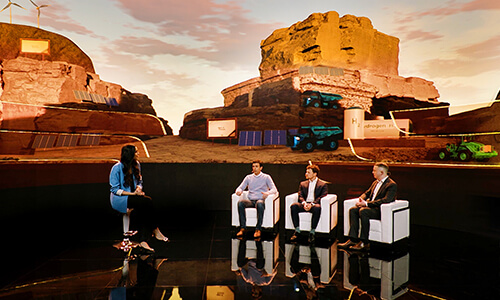Watch this episode!
One of the most urgent needs to address the climate crisis is decarbonization. But what are the challenges and opportunities of transitioning towards low-carbon and carbon-free alternatives?
The episode emphasizes how decarbonization efforts are crucial to limit the amount of carbon dioxide and other greenhouse gases in the atmosphere and mitigate the impacts of climate change.
Our guests Alexander Allen, Bruno Santos and Thomas Koch Blank discusse how implementing processes of electrification, automation, and renewable energy sources transition can help achieve net-zero in high-emitting sectors like mining and OTR.
-
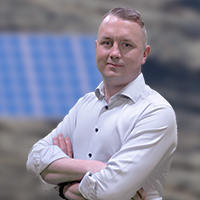 Thomas Koch Blank
Thomas Koch Blank -
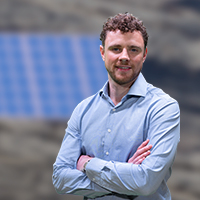 Alexander Allen
Alexander Allen -
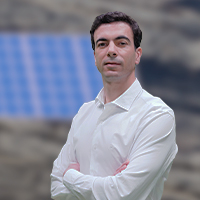 Bruno Rafael Santos
Bruno Rafael Santos
- The digging materials can be divided into two categories: the “consumables” – coil, oil and gas – and the minerals used for infrastructure and products development that can be recycled and reused.
- The emissions associated with mining is about digging materials out of the ground and transforming the raw material – the ore – into pure minerals.
- Nth Cycle technology’s name, the Oyster – uses a process named “electro-extraction”: they combined 7 refined stages to 1 and extract specific metals to produce high purity products.
- 3. Together with electrification, there are other options to reduce carbon emissions in mining: hybrid solutions – electric drive trails combined with traditional engines ones – drop-in fuels solutions – with biofuels or synthetic fuels – and, of course, hydrogen.
- With their technology, Nth Cycle can reduce greenhouse emissions by over 90% and carbon emissions by 44% compared to traditional mining.
- Generally, cell phones can have more than 75 different metals in them.
In this series
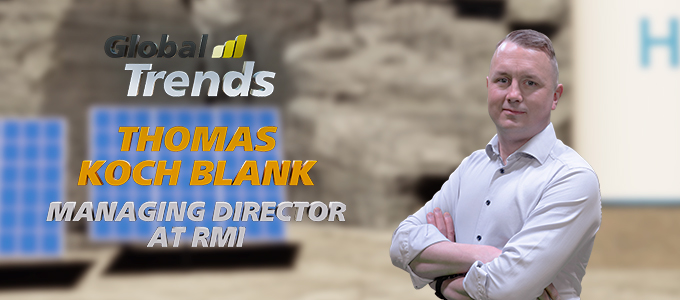
At RMI, Thomas Koch Blank leads initiatives to promote the adoption of green hydrogen in heavy industry. With his experience in the fields of sustainability, energy and resource efficiency, renewable energy and access to energy, mining and minerals, hydrogen, and solar system design, Thomas is a leader of a portfolio of initiatives focused on accelerating clean energy technology and decarbonizing heavy industry.
Prior to his work at RMI, Thomas helped build consultancy McKinsey & Company’s Sustainability and Resource Productivity practice, advising the world’s largest companies on the decarbonization of production and supply chains. He also served as a senior advisor to national governments drafting and implementing sustainability strategies.
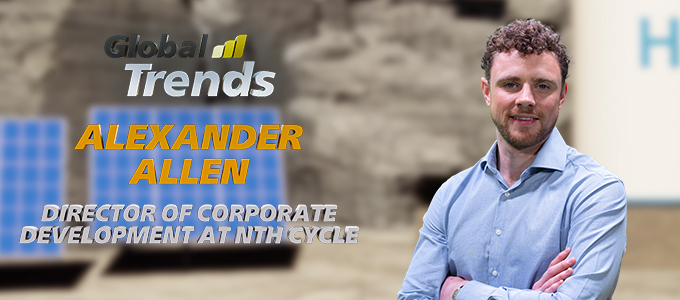
A new technology is being developed to address the increasing problem of extracting metals and minerals for the tech industry without causing significant environmental harm and financial burdens. This technology, called "The Oyster," utilises electro-extraction to recover metals in their elemental state, which can lead to decreased energy use and carbon emissions in mining. The process is applicable to raw materials, waste products and post-consumer waste. By eliminating the need for smelting, this technology can reduce greenhouse gas emissions by up to 92% compared to traditional mining. Watch the interview with Alexander Allen, Director of Business Development and Head of Mining at Nth Cycle, to find out more details!
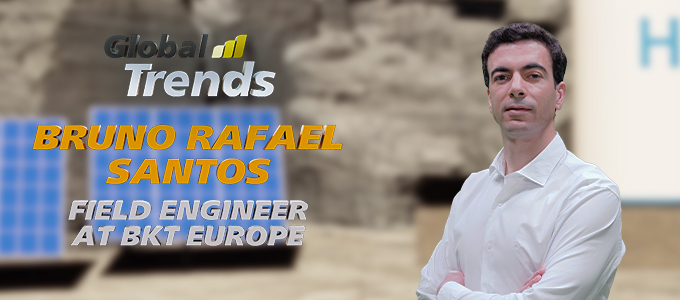
Bruno Santos is a tire field test engineer with over 10 years of experience validating new technologies, products, and services. He has extensive knowledge of the tire industry, and his technical expertise and ability to work collaboratively with cross-functional teams has been instrumental in the successful development of new products and services. Bruno is passionate about finding innovative solutions to improve tire performance and safety. His commitment to continuous improvement makes him a highly valuable professional in the tire industry.
